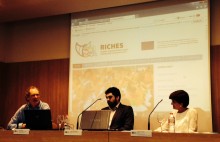Login Status
-
Free text
UPCOMING EVENTS:
 From August 18 to October 11, 2026; submissions due February 19.
From August 18 to October 11, 2026; submissions due February 19.FILE – Electronic Language International Festival is now accepting project submissions and invites artists, researchers, creators, and developers to participate in its next edition. An international reference in the fields of art, technology, and innovation, FILE will take place in … Continue reading →
 Wrocław University of Environmental and Life Sciences, 4th of Match 2026
Wrocław University of Environmental and Life Sciences, 4th of Match 2026The international conference “Cross-border cooperation in the era of challenges and transformation – space, energy, climate, culture” will be held on 4 March 2026 at the Wrocław University of Environmental and Life Sciences, in Wrocław, Poland. The conference will explore key issues facing border regions, from … Continue reading →
Topic: EU projects
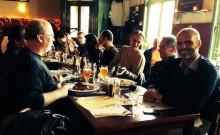
Europeana Space is a very large project characterized by experimentation and creativity: in facts its main aim is to trail new ways of re-use for the digital cultural heritage, in order to unlock its potential in terms of business and creation of new jobs. An important meeting will take place in Amsterdam on 15-16 May, hosted by partner Noterik and coordinated by the WP4 leaders iMINDS and Promoter. Continue reading
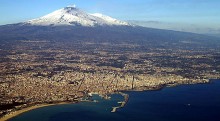
An initiative promoted by the CHAIN-REDS project to increase the number of scientific applications running on grid and cloud-based e-Infrastructures. The deadline for application proposals submission is the 31st of May 2014. Continue reading

Welcome to the April edition of the EUDAT News Bulletin! These short bulletins are issued monthly to keep the community updated about the latest news and developments from EUDAT. Continue reading
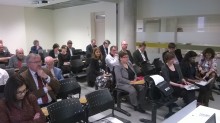
The meeting represented a very good opportunity to discuss in more detail the strategy and recommendations presented in the DCH-RP roadmap for preservation and how to prepare for future cooperation. Expected outcome is a concrete and endorsed plan for the exploitation of the results from the DCH-RP Proof of Concepts. Continue reading

The EU-project SCAPE invites you to visit a SCAPE partner to be introduced to some of the developments within the project. The Demonstration visits will take place during May/early June 2014. Continue reading
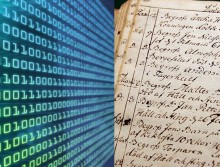
Interview with Claudio Prandoni, PREFORMA’s Communication Coordinator, who has organised the digital preservation networking session that will be held in Helsinki on May 21st, 2014 in the frame of the EGI Community Forum. Continue reading

DCH-RP and the partners of the Community Owned digital Preservation Tool Registry are investigating the possibility to join their efforts to set up a common registry of services and tools useful for preserving digital information for the long term. Continue reading
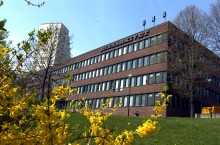
On the 3rd and 4th of June 2014, the National Archives of Sweden hosted in Stockholm two workshops organised by DCH-RP in cooperation with EUDAT on the theme of digital preservation of cultural data. The first one focused on the roadmap for the long-term preservation of DCH, while the second one discussed the trust issues to be addressed. Continue reading
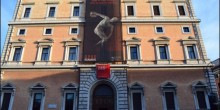
The event, organised by EAGLE and Wikimedia Italia with the support of Soprintendenza Speciale per i Beni Archeologici di Roma, aims to serve as a platform for sharing knowledge and good practices while stimulating reflections on the role of digital technologies in the preservation and promotion of cultural digital heritage. At the end of the event, the winners of Special EAGLE prize for WikiLovesMonuments Italy will be announced. Continue reading


